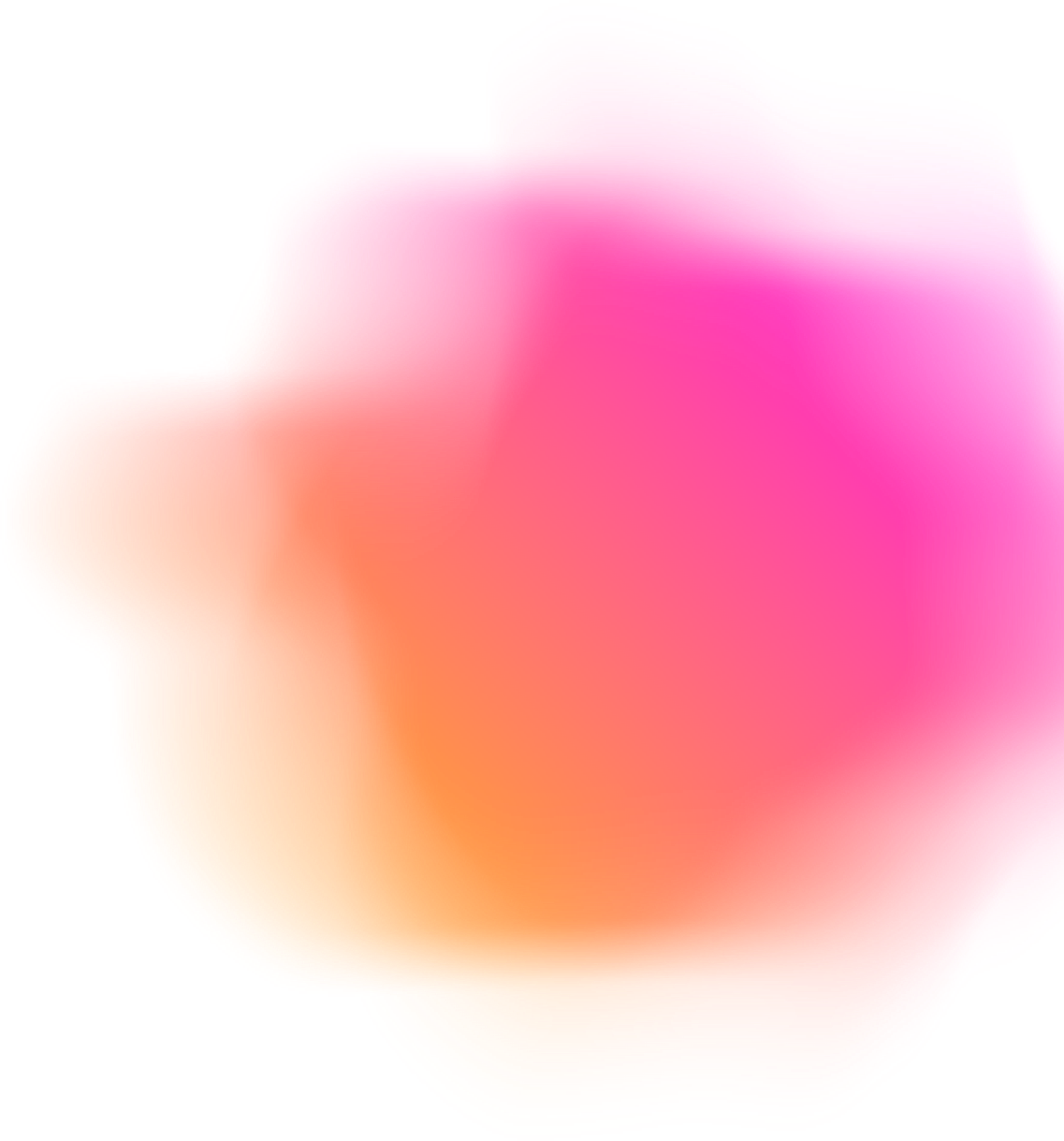
Designing to meet deadlines
While delivering high quality work is important, the skill of delivering that work on time is even more so. For UX design work in particular, it can be tempting to overspend your time in an effort to reach that impossible level of perfection (believe me I know). However, we have to keep in mind that deadlines unfortunately exist. Deadlines are inescapable in the corporate world - especially in agency work, which is why we must learn to maximise our success with them.
Here are some techniques us UX/UI designers utilise at Digital Garden to keep us on top of our work when deadlines loom ahead:
1. Give yourself soft deadlines
When receiving a project brief and deadline, instead of immediately jumping into the work - take some time to consider all the deliverables that are being asked. Break them up into manageable tasks and consider how long each would take. Be realistic and consider your own work proficiency when estimating to ensure you’re not setting yourself up for failure.
Start to map out soft deadlines for yourself and with larger projects, it’s better to put these in writing somewhere. Something like: “Homepage wireframe - due Fri 25th”. Soft deadlines will help structure the upcoming days/weeks and give you a general idea for how you’re progressing. But most importantly, this structure will alleviate pressure by giving you certainty that your work can be completed before the actual deadline.
2. Use shortcuts when designing
Design can be a lengthy process - especially when starting from scratch. To ensure more efficiency, Digital Garden uses time-saving techniques on our design app of choice, Sketch.
Notably, for UX wireframing, we reuse the same base template across all our projects. This template includes the already organised styling (text fonts, sizing, colour palette) which provides the foundation for the new wireframe. Having this foundation means we can quickly start building our wireframes and spend more time on the details.
On Sketch, there are a number of keyboard shortcuts which are used to help us efficiently design. As there are a plethora of functions on Sketch, having knowledge of these shortcuts is incredibly useful and prevents us from scouring the app to look for tools. You can find a comprehensive list of these shortcuts here.
3. Collaborate with the team
Collaboration remains one of the most crucial aspects behind design and can assist in delivering refined work more efficiently. At Digital Garden, we take advantage of our close knit team and lean on each other, especially when approaching important deadlines.
While designing, I often seek peer feedback from the team including:
- Mik, another UX designer with 3+ years experience already in UX design,
- Iris, our UI designer who I can begin to brainstorm future visual concepts with,
- Danny, a frontend developer who can inform me what is practical for web design.
Additionally, Digital Garden practices internal feedback rounds with our Project Managers (Joebe, Paul and Nisha) who closely oversee all designs before formal deadlines. The final UI design check-off point is with our MD, Abby, who ensures that all agency work is looking great before it gets shared with clients.
By relying on the vast knowledge of my team members, I am able to remedy issues with my designs faster and deliver more refined work. Make use of the experience around you!
4. Dedicate yourself to work
There are measures you can take to motivate yourself as an individual to work. Give yourself every benefit to ensure productivity including making your work area distraction free. This is especially relevant for working from home situations where more distractions may be present. For myself, I tend to keep my mobile device out of my working room which prevents the temptation of constantly picking it up.
For working, set specific times for your project during the day e.g. from 2pm - 4pm and do your very best to stick to this. By doing so, you will quickly get into practice with a rigid schedule and will help you stay on track. Time boxing will also assist with multitasking various projects in a single day.
By keeping deadlines in mind with these approaches, you can become much more efficient at your work in future projects. Deadlines don’t need to be intimidating - they act as an efficient motivator and keep us focused on the tasks at hand. Get motivated!
